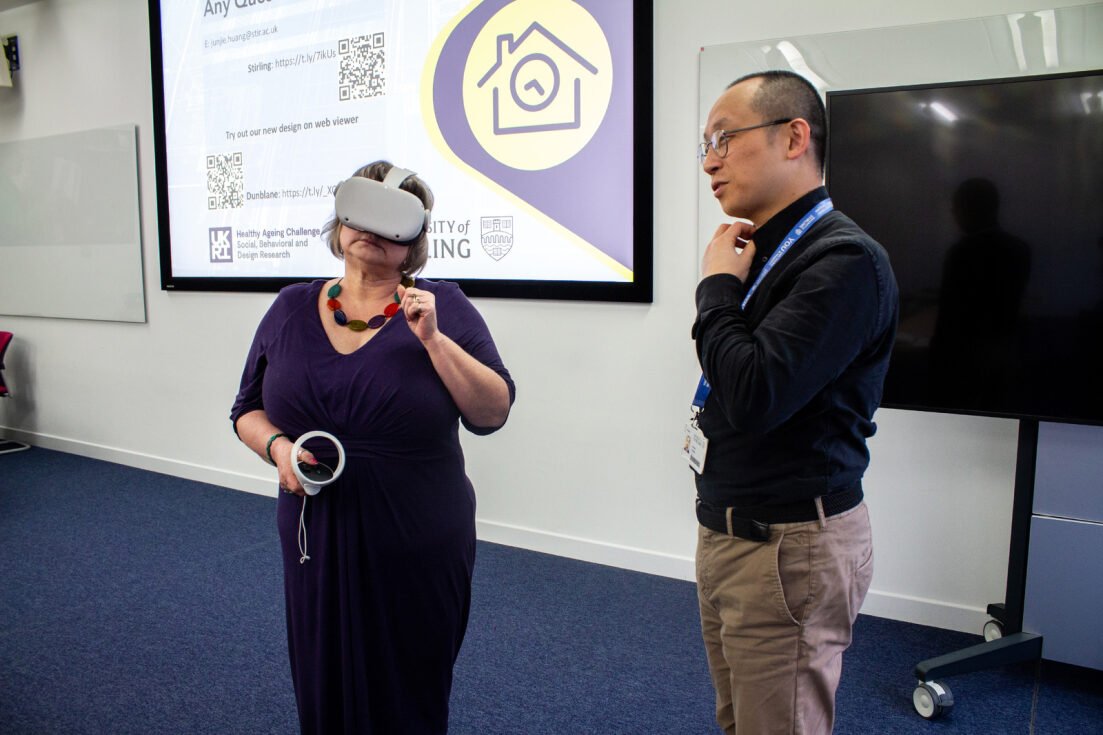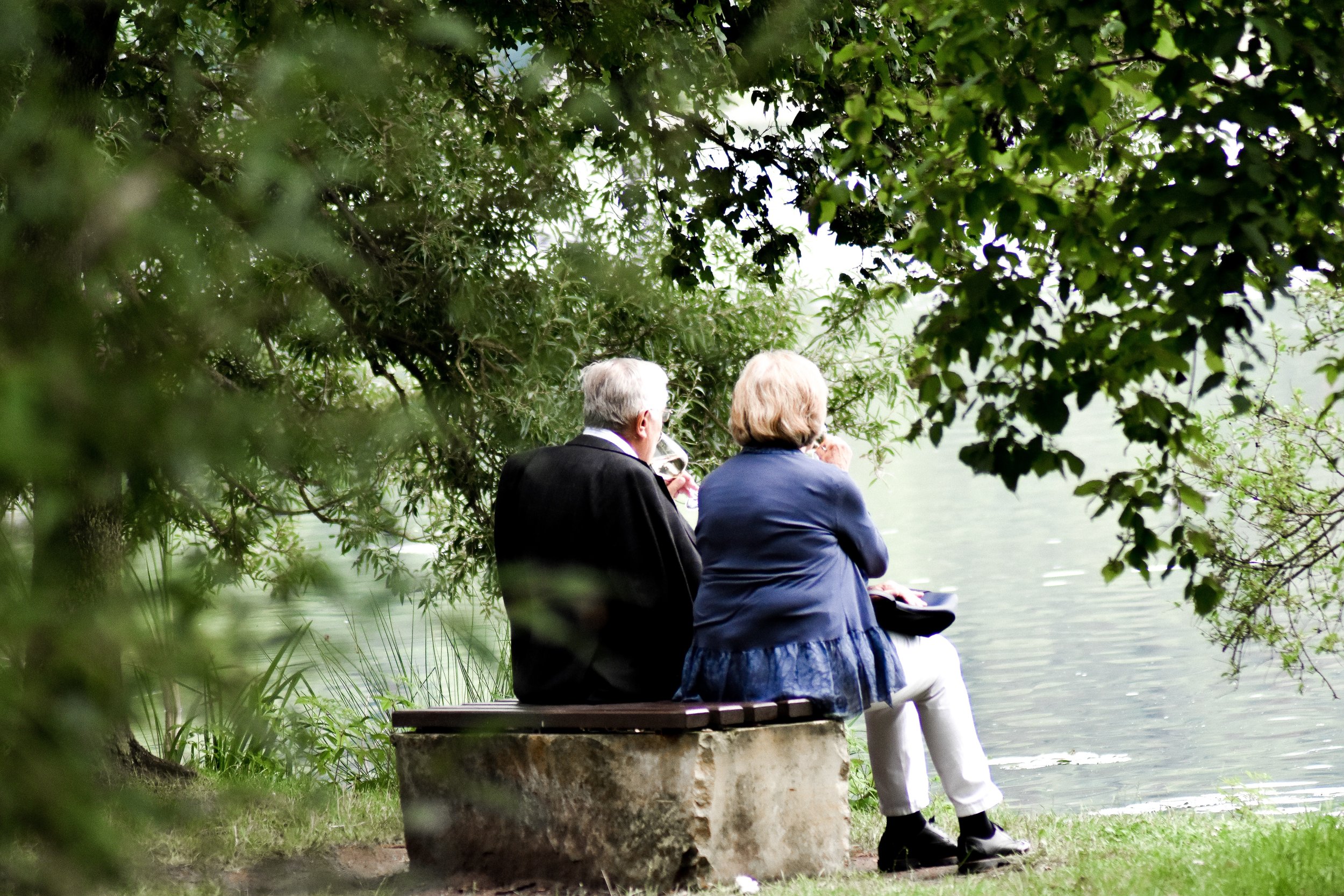News Search
Welcome to our News Search. You have arrived here because you have searched a category, tag, year, or month. Below you can find the results of your search. Alternatively, you can return to the News Page using the button.
Filter by:
Tag
- Additional Support Needs
- Art
- Australia
- Best Practice
- Best Practice in Dementia Care
- CEDAR
- Care
- Carers
- Carers Hub
- Changes in Presentation
- Community
- Consultancy
- Delirium
- Design
- EADDAT
- Events
- Housing
- International
- Japan
- LGBTQ+
- Life Story
- Meaningful Engagement
- News
- Policy
- Product Accreditation
- Research
- Scotland
- Signage and Wayfinding
- Sweden
- Technology
- Training
- University of Stirling
- Young Onset Dementia
- care
Month
- July 2025
- June 2025
- May 2025
- April 2025
- March 2025
- February 2025
- January 2025
- December 2024
- November 2024
- October 2024
- July 2024
- May 2024
- April 2024
- March 2024
- January 2024
- November 2023
- July 2023
- June 2023
- May 2023
- April 2023
- February 2023
- January 2023
- September 2022
- August 2022
- July 2022
- June 2022
- May 2022
- April 2022
- February 2022
- November 2021
- October 2021
- September 2021
- October 2020
- September 2020
- July 2019
- June 2019
- April 2019
- March 2019
- February 2019

DSDC Chief Architect receives Churchill Fellowship to travel to Fukuoka, Japan
In 2019, DSDC Chief Architect Lesley Palmer received a Churchill Fellowship with the purpose to study, record, and catalogue the built environment and healthy ageing projects in Fukuoka, Japan.
Lesley’s Fellowship spotlights the importance of international collaboration when working with ageing and dementia. Through her travels, we are shown a new perspective on dementia friendly design and reminded why different cultures may need different solutions.

Scottish Borders Council works with University of Stirling on dementia-friendly care village
Members from Scottish Borders Council have visited University of Stirling dementia design experts to explore options for the region’s new Tweedbank care village.


Hospital Admissions and Visits
For some people living with dementia, being admitted to hospital can be a confusing and traumatic experience. Here DSDC shares practical hints and guidance.

Eating and Drinking
Conversations about dementia tend to focus on the neurological symptoms of the disease, but it is important to remember that there can be other symptoms and eating and drinking is often a topic of concern.

The Environment
Changes in the brain can alter how an individual understands their physical surroundings. When this is properly understood, environments can be adapted to help changes in a person’s mobility and ability, to support them to live as independently as possible.

Changes in Presentation
It is impossible to know ahead of time how dementia will, or won’t, affect the way an individual behaves. It is important to recognise that behaviour is a method of communication which always carries meaning.

Communication
Communication can become more difficult for people with dementia. From participating in a social conversation to expressing needs and preferences, dementia can impact on someone’s ability to communicate to the way they have always done.

What is Dementia?
Dementia is often talked about as a single illness that affects everyone in the same way. In reality, this isn’t the case. Most people have very different experiences of dementia, which means that the support offered needs to be individualised.

Dementia design and the use of trompe l’oeil
Trompe l’oeil (pronounced tromp-LOY) is an artistic technique not often seen in use nowadays except bizarrely in care homes, which are the least appropriate environment to use this technique.

Cinderford Medical Centre
Congratulations to Cinderford Medical Centre who have achieved a silver award through DSDC’s Design Audit Accreditation. Cinderford is the first GP practice to receive an award.

How to self-certify with EADDAT Tier 2
Using DSDC’s Environments for Ageing and Dementia Design Assessment Tool (EADDAT) Tier 2 to self-certify is a great way to understand how your space is supporting an ageing population and people living with dementia. Tier 2 of EADDAT is the intermediate level, so it’s more in depth than Tier 1, but you don’t need any training prior to use, and it is suitable for any environment.

How to self-certify with EADDAT Tier 1
Using DSDC’s Environments for Ageing and Dementia Design Assessment Tool (EADDAT) Tier 1 to self-certify is a great way to understand how your space is supporting an ageing population and people living with dementia. Tier 1 of EADDAT is the entry level, so it’s an easily accessible place to start and suitable for any environment.

A New Dementia Strategy for Scotland - Literature Review
The University of Stirling is proud to have been commissioned by the Scottish Government to conduct a review of current dementia research for the purposes of informing the development of the new Dementia Strategy for Scotland.

Dementia-friendly Pub Call
DSD are looking for pubs everywhere to become more dementia-friendly and have launched a new tool to support this.

EADDAT awards for Mitsukaido Sakura Hospital, Japan
Congratulations to Mitsukaido Sakura Hospital for receiving two awards through DSDC’s formal audit accrediation - Environments for Ageing and Dementia Design Assessment Tool (EADDAT).

20th Anniversary of the Online MSc in Dementia Studies - Save the date
The MSc in Dementia Studies is celebrating 20 years of online delivery. This internationally renowned programme has been developing leaders in dementia care from across disciplines and from around the world for the past two decades and the teaching team and our alumni have much to share and to celebrate.

Trauma informed practice in dementia care
Trauma-informed practice in dementia care is a way of caring for individuals living with dementia that takes into account the possibility that they may have experienced traumatic events in their lives.

What is meaningful activity?
In care we hear the term “meaningful activity” mentioned a lot, but what is it? Even more importantly, how do we make an activity meaningful to each individual?

Gold for Norba Court
Congratulations to Norba Court, London, who have received a Gold Audit Accreditation from DSDC.

